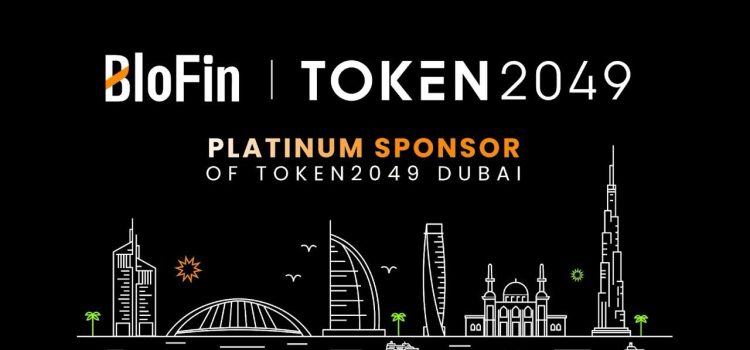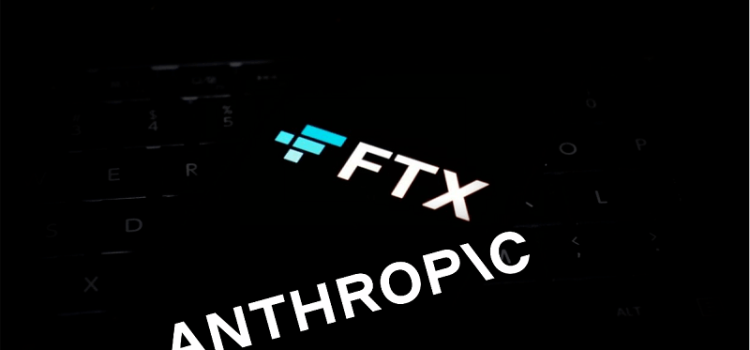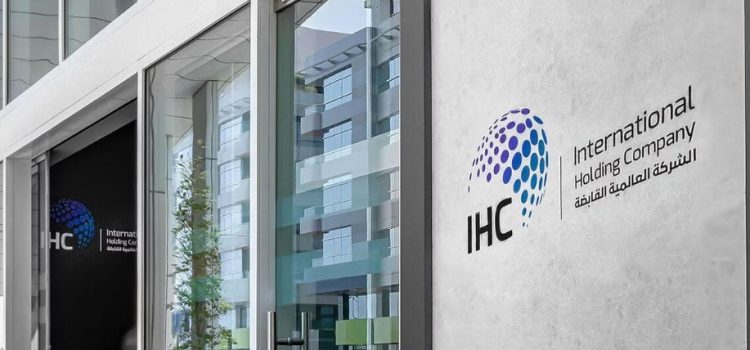Former Binance CEO Changpeng Zhao has started a new project that has nothing to do with crypto but includes gaming, education, blockchain and NFTs (Non Fungible Tokens) as soul bound tokens. The project called Giggle Academy aims to offer high quality education that is free to all.
As CZ notes on X, “Building a high-quality and sticky education platform that is entirely free and accessible to all is the most impactful thing I could do for the next chapter of my life.”
The platform will include gamification to make learning addictive. It will include high quality content from the best teachers and game developers in the world.
NFTs will be uses for badges, points, scores, rankings and more. Levels and badges will be issued as Soul Bound Tokens. SBT are blockchain based tokens that cannot be transferred to others. Potential employers can easily verify them on the blockchain, with the students’ permission.
As per the concept paper while current schools tend to encourage kids to be “average”. Ie, you are good at math, but weak in English, so you should spend more time on English than Math. Giggle Academy leans towards the opposite. Students who are good at Math will be nudged to focus more on math, and less on other subjects.
In the concept paper it notes,” We feel this is the most effective way for them to be the strongest at what they do best, and make themselves most valuable to the world.”
There will be no degrees but giggle points, levels and badges. A Giggle level or badge system will be developed to identify how far a student has progressed on a certain subject. For example, Science Level 391 Purple Badge could mean Grade 3, 91% completion, at top 20 percentile.
CZ does not want to make revenues from Giggle Academy.
He adds, “ I chose this project because my area of expertise is building (teams to build) software platforms. We (together with a team) can reach hundreds of millions of people. This is scalable, and thus high impact. In addition, education is fundamental to everything in our world. Give a man a fish vs teach a man to fish. This is the most impactful thing that I could come up with for the next chapter of my life.”
This comes in parallel with an interesting development happening in the blockchain ecosystem. The new terminology, Decentralized Science (DeSci) is a movement aiming to build public infrastructure for scientific research using Web3 technologies.
DeSci allows for more funding sources, censorship-free collaboration, and open access to research data. By leveraging blockchain technology, DeSci has the potential to make science more decentralized, transparent, and accessible.
Essentially, DeSci aims to broaden access to scientific data, promote more transparent peer review processes, and incentivize international collaboration among researchers. By leveraging blockchain technology, DeSci can ensure the integrity and immutability of scientific records while eliminating barriers to entry.
DeSci can revolutionize the allocation of research funds through mechanisms such as quadratic donations and decentralized autonomous organizations (DAOs). This promotes a fairer distribution of resources.
DeSci may increase accessibility by leveraging blockchain-based research repositories. This can ensure that scientific data and publications are stored transparently on a decentralized ledger, making them more accessible. Smart contracts can govern access to data, typically ensuring its fair and secure distribution.
DeSci can introduce incentives for reproducibility, such as token rewards and reputation systems. Smart contracts can facilitate transparent and verifiable peer review processes, incentivizing researchers to make reproducible scientific work. This typically improves the reliability of scientific findings.
But most importantly just like CZ’s project, DeSci platforms can promote open access to scientific data and publications, democratizing access to knowledge. TradSci publishing models tend to involve subscription fees and access barriers, often limiting the distribution of research findings.


















